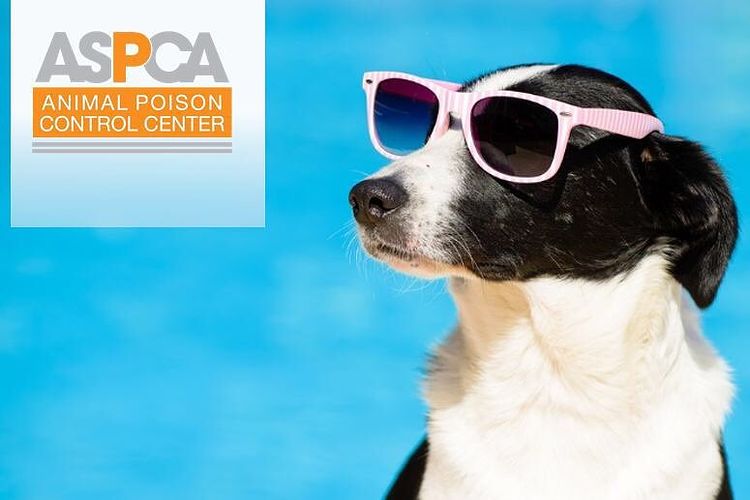Temporarily Change To A Gut-Friendly Diet
You may have to switch your dog’s diet after an incident of poisoning with something like ant bait. While the symptoms may go away in a couple of days, the gut will need a bit more time to recover fully.
A gut-friendly diet goes a long way towards promoting healing and restoration to optimal functionality.
In this case, we recommend the Raw Wild dog food line for raw dog food that is essentially chemical-free and therefore easier on the tummy.
Reach Out To The ASPCA Poison Control

from Instagram:
It never hurts to get some professionals involved. With cases of poisoning, in particular, the ASPCA (American Society for Prevention of Cruelty to Animals) should be your go-to for any questions you may have.
Their poison control center offers round-the-clock support for any queries you may have. They will offer you all the information you need about first aid options, key signs and symptoms to look out for, and so much more.
Are other products to repel ants harmful to dogs?

Products other than ant traps used to rid our homes and surroundings from these invaders are ant bait gels, sprays, and powders. The good thing is, that the products used today are increasingly more organic-based and less harmful to our children, pets, and the environment. Some of these ant eliminators do contain oily and fatty substances (such as in the gels) that you do not want your pet ingesting. Despite the safety rating of natural-type baits, apply them in areas your dog cannot reach such as crevices and high-up places.
Sprays often contain non-toxic compounds and ingredients like citrus, made to repel ants and used as a complement to baits. Because only 20% of ants actually leave the nest, repellents are intended to prevent the pests from setting up shop in your home in the first place and are to be used in areas where you suspect ants may want to enter the house. While they are touted to be safe for pets, it is best to apply the spray and wait for it to dry before allowing your furry buddy in the treated area.
Diatomaceous earth is a powder-like alternative to traditional ant killers that works by cutting through the ants body and subsequently drying it out. Although it is not harmful to your dog, neither you or your four-legged companion should breathe in the dust because it can irritate the nose and throat. Apply it liberally but discourage your dog from investigating the powder. Once it has rained, diatomaceous earth does dry out to powder again but is “heavier” and does not blow around as much as when first applied.
Although diatomaceous earth, commercial organic sprays and natural-based gels are described as less invasive products, keep in mind that they do work against several types of bugs including those that you may not want to harm.
Consider homemade mixtures if you have a particularly curious dog. Vinegar and lemon juice combined are thought to dissuade ants from the home. Spray where you see ants congregating. Coffee grounds and spices like cinnamon are known to drive ants out of a favored area. Another tested deterrent is to spread a line of chalk around the perimeter of the home. Although the reasoning behind it has not been proven, it seems that ants will not cross the chalk line.
What to do if your pet eats something poisonous.
Ant traps are designed to be safe for pets and humans, but they can still pose a choking hazard. Call your veterinarian or local animal hospital right away if your dog is having trouble breathing or swallowing.
In most cases, the ant trap will pass through your dog’s system without any problems. However, it’s always best to err on the side of caution and get professional medical help right away.
Keep an eye on your dog for the next 24 hours and watch for any signs of distress. Call your vet immediately if you notice anything out of the ordinary.